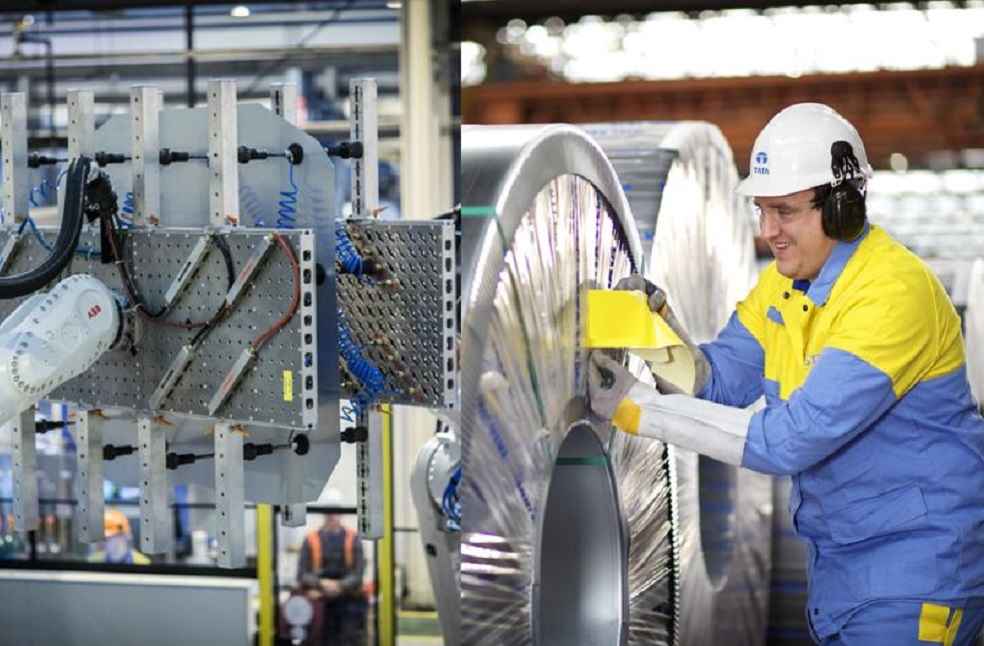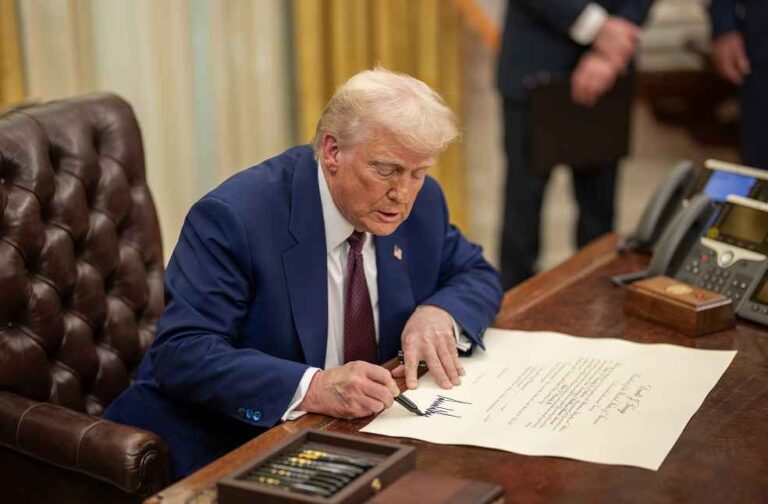The increased tariffs on steel and aluminum imports, imposed by U.S. President Donald Trump, officially took effect on Wednesday, doubling the tariffs from 25% to 50%. The order, declared last week and officially signed by Trump on Tuesday, raised tariffs on all metal imports to the United States.
While signing the steel tariffs order, Trump remarked that the UK deserved ‘different treatment’ compared to its European counterparts, citing the Economic Prosperity Deal signed on May 8.
The UK received a temporary exemption, maintaining a 25% tariff, as the specifics of its newly signed trade agreement with U.S. shortly after the British government reported that both nations had agreed on the urgent implementation of a tariff relief deal.

The United States reiterated that it would not proceed with doubling steel and aluminum tariffs for the United Kingdom.
Canada and Mexico are the leading suppliers of steel to the United States, with Brazil and South Korea also ranking among the key exporters.
Meanwhile, European steel producers, particularly those in Germany, Italy, Sweden, and the Netherlands, are expected to face severe challenges due to the newly imposed 50% tariff.
The European Union expressed disappointment over the increase in metal tariffs, emphasizing that the bloc is prepared to take countermeasures in response.

Trump asserts that the measure is intended to shield the U.S. steel industry from an influx of low-cost foreign steel and declining global demand.
Although Trump has exempted the UK from the 50% tariffs, he warned that the levy could still increase to 50% ‘on or after July 9’ if the White House determines that the UK has not fulfilled major provisions of the Economic Prosperity Deal.
DON’T MISS IT | India Urges WTO Action on Trade Barriers, Dispute System



